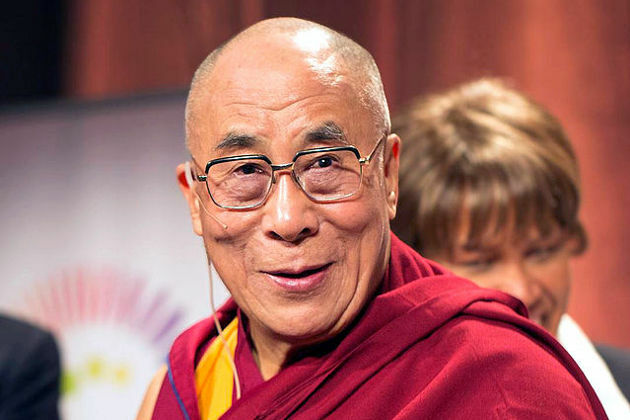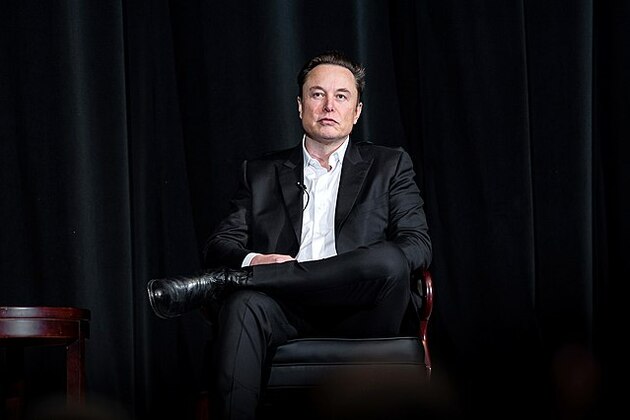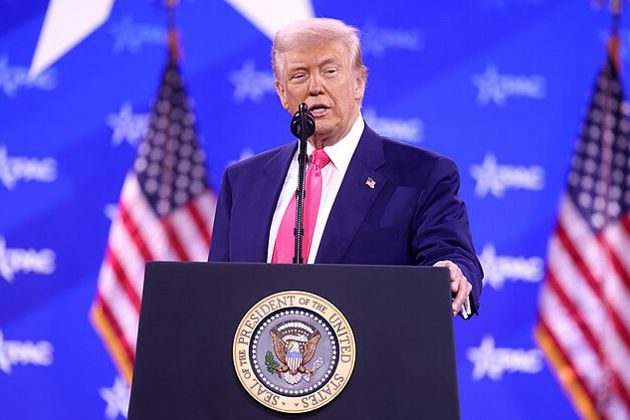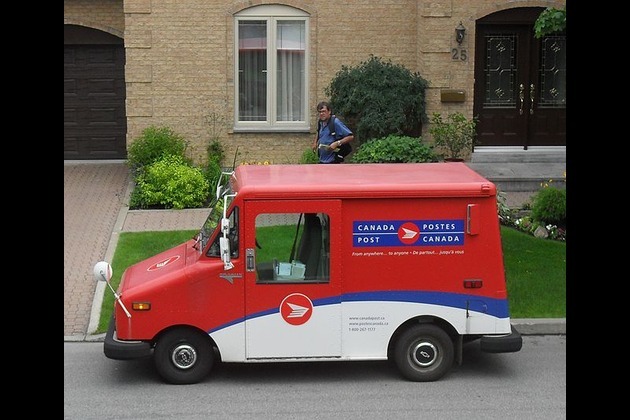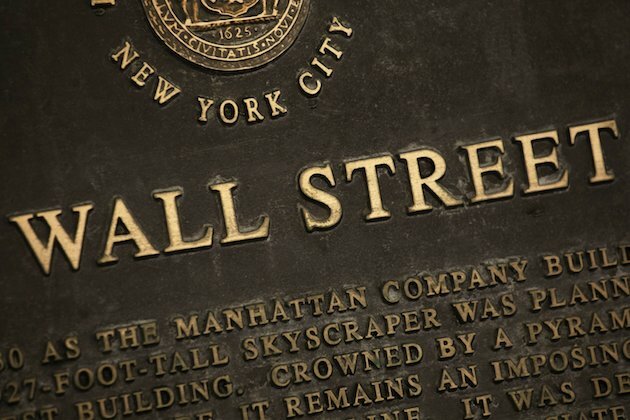The Price of a Carpet: Can Ugandan-Made Goods Compete With Imports?
Global Press Journal
13 Jun 2019, 05:04 GMT+10
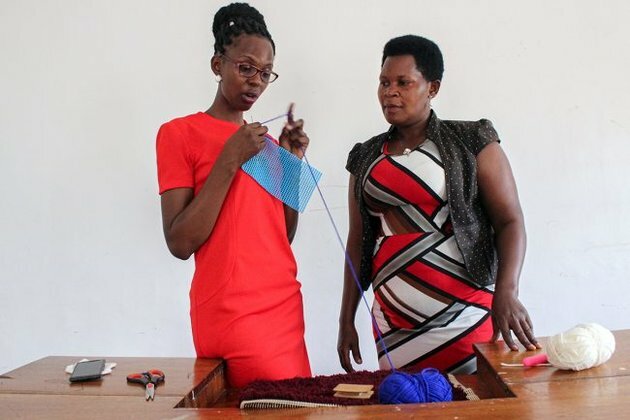
Business The Price of a Carpet: Can Ugandan-Made Goods Compete With Imports? view team
In Uganda, locally-made goods are twice as expensive as imported ones. The government wants to promote Ugandan manufacturing as part of a strategy to meet international standards - but local people are concerned that their quality doesn't match their high price.
BOMBO, UGANDA - Cathy Nanyonjo has a ball of yarn, a piece of mesh fabric and a pair of scissors. These are the only three things she needs to make her shaggy carpets.
Even though Nanyonjo's carpets are simple, they're more expensive than the others found on the local market. One 80-by-150-centimeter (about 31-by-59-inch) carpet sells for 450,000 Ugandan shillings (about $120). That's more than two times the price of an imported Turkish carpet of the same size, she says.
"Sometimes it takes up to two weeks to finish a shaggy carpet, this is why the pricing is quite high compared to imported carpets," she says.
Still, Nanyonjo says she sells at least four carpets each month. She says her customers understand why they're priced as high as they are.
"They understand the effort that goes into crafting each piece," she explains. "The mats are soft and luxurious, and they provide a certain form of comfort."
Joseph Lubega moves carpets in his shop in Bombo, in central Uganda. The rugs and carpets in Lubega's shop are imported. They're not as expensive as rugs that are made in Uganda.
Patricia Lindrio, GPJ Uganda
Nanyonjo started making shaggy carpets in 2017, three years after the Ugandan government rolled out its Buy Uganda Build Uganda policy. The policy aimed to promote the consumption of locally produced goods and services, as well as improve their quality.
In the 2017-18 fiscal year, the Uganda National Bureau of Standards (UNBS) destroyed billions of shillings worth of substandard goods, some imports and some locally manufactured. According to authorities, these goods were harmful to the well-being of consumers.
Now, local economic experts say a majority of Uganda's manufacturers and business owners are struggling to make and provide goods that meet UNBS safety and quality standards. There are exceptions, but even those manufacturers and craftspeople face stiff competition from businesses that sell cheap imports that, at first glance, might appear to be high quality.
And competition is growing. The Bank of Uganda recorded a 42% increase in formal private sector imports from 2007 to 2017.
To deal with this, Ugandan manufacturers are targeting Uganda's emerging middle class.
The middle class here has grown both in size and purchasing power, according to the Institute of Policy Research and Analysis in Kampala, Uganda's capital. In a 2012 study, the institute defined middle-class Ugandans as those who spent between 1 and 5 million shillings ($267 and $1,335) every month. In 1992-93, this group of people made up just 1% of the total population. By 2009-10, middle-class Ugandans made up 4.1% of the population. (More recent data was not readily available.)
Middle-class Ugandans, according to the report, normally work as civil servants, doctors, lawyers, or occupy mid-level positions at large companies and nonprofits.
The rise of a middle class in Uganda mirrors the country's aspirations to reach international standards of success. Uganda's leaders envision a Ugandan society transformed from a "predominantly peasant society to a modern and prosperous country" by 2040.
Now, to promote their own businesses, Ugandan manufacturers are pushing for a ban on imported goods, says Fred Muhumuza, an economist. Key products that those manufacturers produce include agricultural products, textiles and plastics.
But despite the push for Ugandan manufacturing, local producers fail quality standard checks, Muhumuza says.
"If Ugandan manufacturers want to compete favorably with imports, Uganda's strategy on manufacturing has not only got to look at infrastructure but also at how to revive the market," Muhumuza says. "How do you make sure people have incomes to support those same factories from the demand side?"
Like Nanyonjo, Esther Kaitesi has made shaggy carpets for four years. If more Ugandans bought homemade products like hers, instead of relying on imports, business would be better, Kaitesi says.
"The most disappointing thing with the Ugandan consumer is they do not believe in the quality of homemade products," she says.
UNBS spokesperson Godwin Muhwezi says his organization has a new approach to help local manufacturers: A distinctive mark regulation, which requires that all products covered by compulsory standards be certified with the UNBS distinctive mark - in the shape of a "Q" for quality - before they are allowed on the market.
"The distinctive mark is an assurance to the consumer that the product meets quality and safety standards and therefore safe for consumption or its use," Muhwezi says.
His hope is that consumers will feel confident buying goods, especially locally-made ones, once they see the UNBS mark.
Nanyonjo says she's optimistic that Ugandan demand for Ugandan-made products will grow. She's not required to use the distinctive mark from UNBS, but she's confident that people will see the quality of her work.
"Manufacturers have to create the demand by giving their customers value for their money," she says.
 Share
Share
 Tweet
Tweet
 Share
Share
 Flip
Flip
 Email
Email
Watch latest videos
Subscribe and Follow
Get a daily dose of Paris Guardian news through our daily email, its complimentary and keeps you fully up to date with world and business news as well.
News RELEASES
Publish news of your business, community or sports group, personnel appointments, major event and more by submitting a news release to Paris Guardian.
More InformationInternational
SectionPutin fires transport chief, later found dead in suspected suicide
MOSCOW, Russia: Just hours after his sudden dismissal by President Vladimir Putin, Russia's former transport minister, Roman Starovoit,...
Thousands gather in Himalayas as Dalai Lama celebrates 90th birthday
DHARAMSHALA, India: The Dalai Lama turned 90 on July 6, celebrated by thousands of followers in the Himalayan town of Dharamshala,...
Fans perform WWII-era Fascist salute at Marko Perković’s mega concert
ZAGREB, Croatia: A massive concert by popular Croatian singer Marko Perković, known by his stage name Thompson, has drawn widespread...
U.S. Treasury Secretary says Musk should steer clear of politics
WASHINGTON, D.C.: Elon Musk's entry into the political arena is drawing pushback from top U.S. officials and investors, as his decision...
TikTok building U.S.-only app amid pressure to finalise sale
CULVER CITY, California: TikTok is preparing to roll out a separate version of its app for U.S. users, as efforts to secure a sale...
Trump defends use of 'Shylock,' citing ignorance of slur
WASHINGTON, D.C.: President Donald Trump claimed he was unaware that the term shylock is regarded as antisemitic when he used it in...
Business
SectionBP appoints ex-Shell finance chief Simon Henry to board
LONDON, U.K.: This week, BP appointed Simon Henry, former Shell finance chief, to its board as a non-executive director effective September...
FedEx, UPS step up as Canada Post loses market share in strikes
OTTAWA, Canada: With Canada Post struggling to maintain operations amid labour unrest, rivals like FedEx and UPS are stepping in to...
U.S. stocks steady Tuesday despite tariffs turmoil
NEW YORK, New York - U.S. and global markets showed a mixed performance in Tuesday's trading session, with some indices edging higher...
Beijing blamed for covert disinformation on French fighter jet Rafale
PARIS, France: French military and intelligence officials have accused China of orchestrating a covert campaign to damage the reputation...
Birkenstock steps up legal battle over fakes in India
NEW DELHI, India: Birkenstock is stepping up its efforts to protect its iconic sandals in India, as local legal representatives conducted...
Beijing hits back at EU with medical device import curbs
HONG KONG: China has fired back at the European Union in an escalating trade dispute by imposing new restrictions on medical device...


